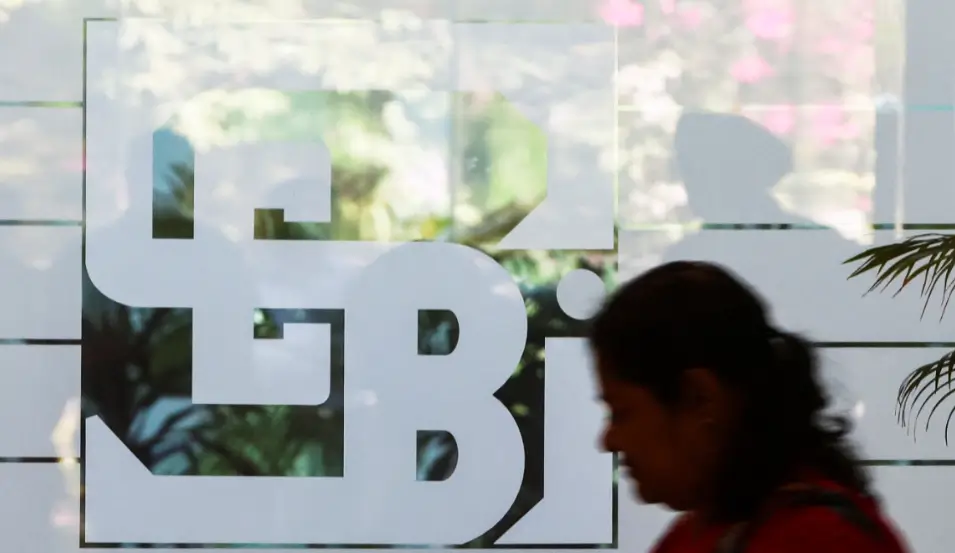The Securities and Exchange Board of India (‘SEBI’) vide consultation paper dated September 3,2024 aims to gather public feedback on proposed changes to the SEBI Informal Guidance Scheme, 2003. The proposed revisions are intended to expand the scheme’s scope, adjust the fees, and streamline various processes.
The SEBI Informal Guidance (IG) Scheme was introduced in 2003 to clarify securities laws for market participants. The scheme was amended in 2004 to include more entities and mandate digital payment of application fees.
Initially, the scheme was available to listed companies and intermediaries registered with SEBI. It was later expanded to include companies intending to list securities, mutual fund trustees, asset management companies, and acquirers under the SEBI Takeover Regulations.
The scheme offers two types of guidance:
No-Action Letter: SEBI indicates whether it would or would not recommend action under securities laws if the proposed transaction proceeds.
Interpretive Letter: SEBI provides its interpretation of a specific provision of securities laws in the context of the proposed transaction.
The applicant is required to describe their request in detail, disclose all material facts, cite relevant legal provisions, and pay a fee of ₹25,000.
Then SEBI is required to respond within 60 days after receipt of the request . SEBI may not respond if the applications are based on hypothetical situations, lack direct interest, or if a similar query has been previously addressed. If the request relates to a matter in which investigation, enquiry or other enforcement action has already been initiated or is pending before any Tribunal or Court, such request shall also be rejected.
Applicants can request confidential treatment of their request for up to 90 days from the date of response of the department.
The IG Scheme has not been substantially revised since its introduction, despite the evolving market environment and SEBI’s experience processing guidance applications. The review aims to update the scheme to better serve current market needs.
Proposed Changes
- Expanding Eligibility Criteria: It is proposed to include market infrastructure institutions (such as stock exchanges, clearing corporations, and depositories) and managers of pooled investment vehicles like Alternative Investment Funds (AIFs), Real Estate Investment Trusts (REITs), and Infrastructure Investment Trusts (InvITs) under the scheme as eligible applicants who may seek guidance under the IG scheme.
- Rationalization of Fees: The application fee may be increased from ₹25,000 (Plus GST) to ₹75,000 (Plus GST) .In case of rejection of an informal guidance currently a processing fee of Rs.5,000/- is deducted while refunding the fee to the applicant .This fee is considered to be revised to ₹15,000.
- Updating Obsolete Provisions: The current IG Scheme contains references to few provisions which have become obsolete over a period of time. Proposal to remove outdated references, such as to the “Central Listing Authority” and the old Takeover Regulations of 1997 so that IG scheme be suitably updated.
- Centralized Processing and Nodal Coordination: Under the IG Scheme, an applicant has to approach the concerned department of SEBI for seeking informal guidance. In some cases, the applicant may not be aware about the department which is concerned about the particular informal guidance. Further, there are multiple operational departments in SEBI which deal with informal guidance applications and there is no nodal office within SEBI which monitors the processing of such applications. Hence it is proposed to establish a centralized nodal coordination cell within SEBI to handle all IG Scheme applications, providing a single point of contact and improving application tracking.
- Improved Communication with Applicants: The current IG Scheme allows SEBI to respond to requests within 60 days and may involve hearings or interviews if clarifications are needed. Traditionally, SEBI has used physical letters to communicate with applicants, but this often leads to delays due to the slow response time from applicants. To expedite the process, the proposed changes suggest mandating the use of electronic mail for all communications, leveraging advancements in technology to reduce processing time and improve efficiency. Applicants must respond to SEBI’s clarifications within 15 days, or the application may be rejected. The time period taken up to 15 days may be excluded from the overall timeline of 60 days to respond to an application.
SEBI invites comments from the public on these proposed changes, including the expansion of eligibility, fee revision, the establishment of a nodal coordination cell, and improved communication processes. The deadline for submitting comments is September 15, 2024.
The document also includes a draft of the revised SEBI Informal Guidance Scheme, 2024, which outlines the updated rules and procedures for applying for informal guidance under the new scheme.
Link to the Consultation Paper:

